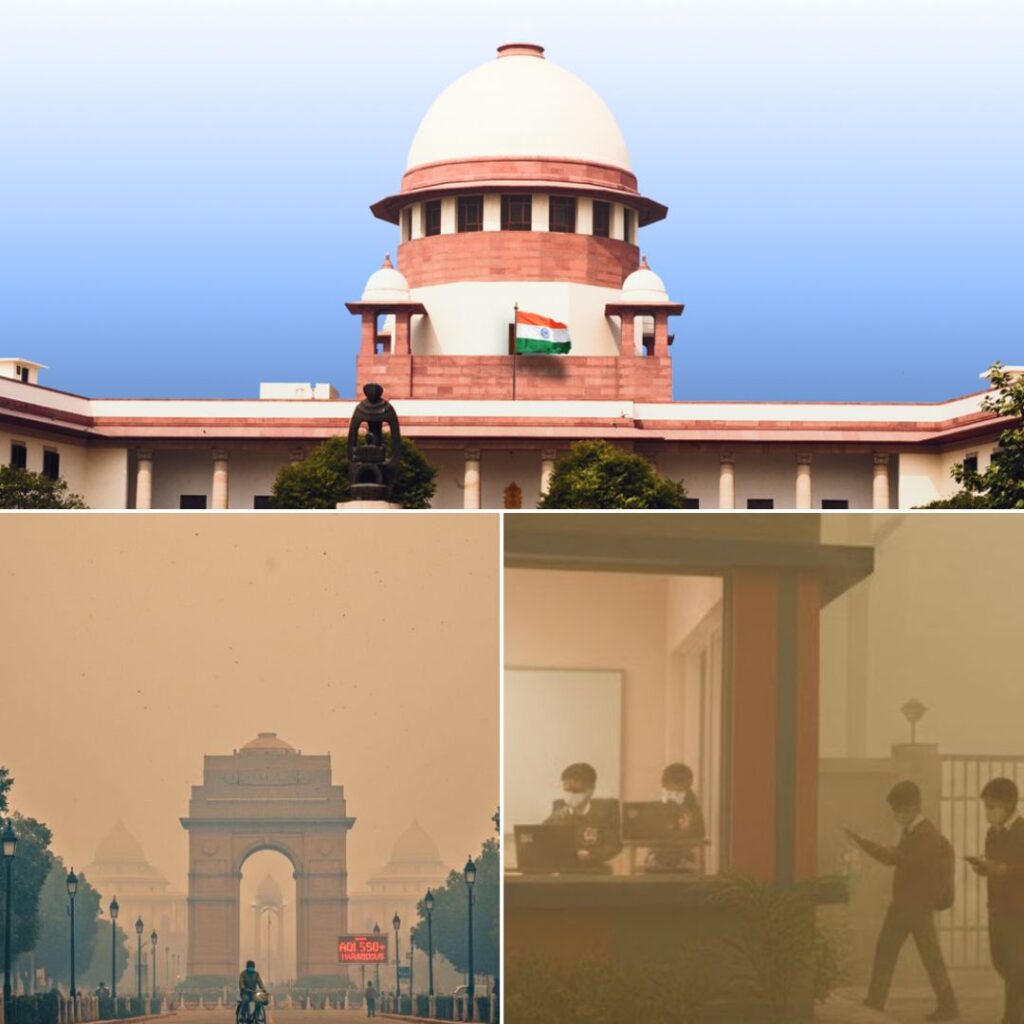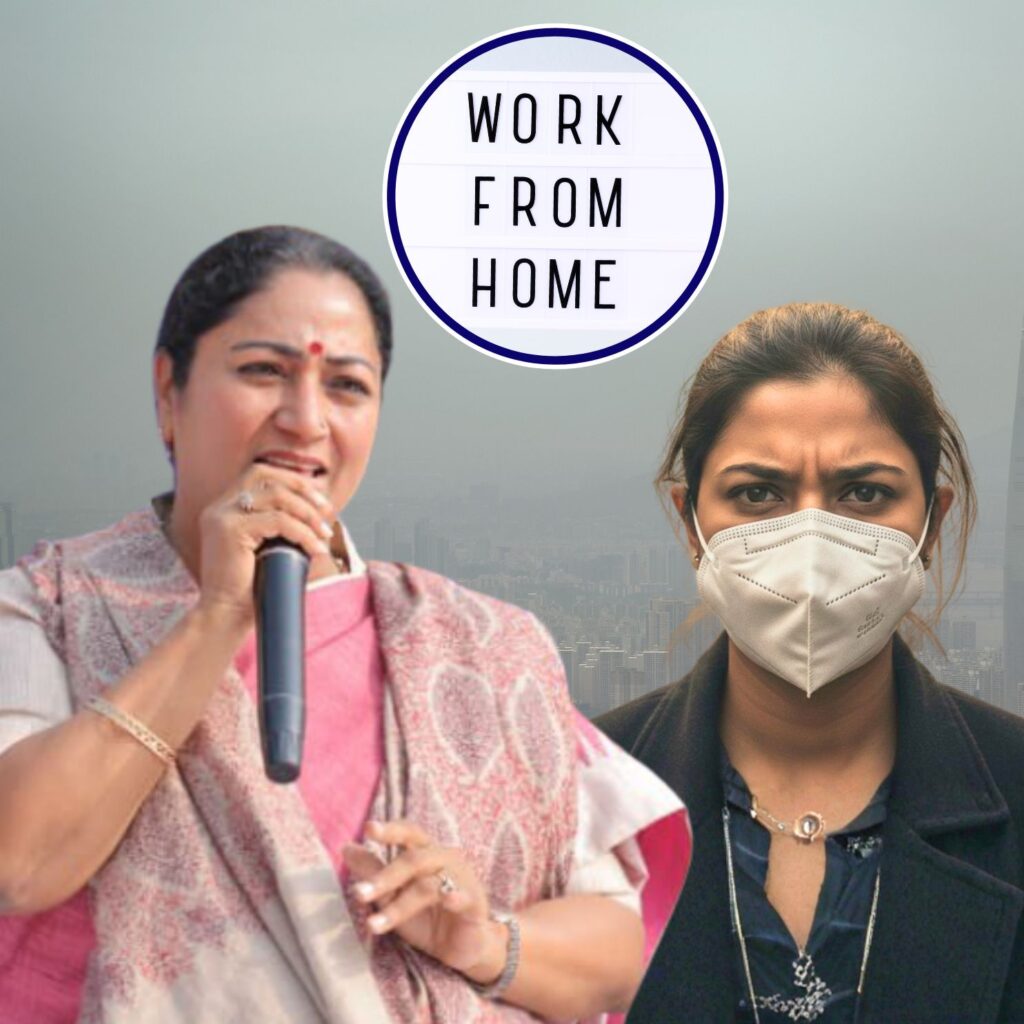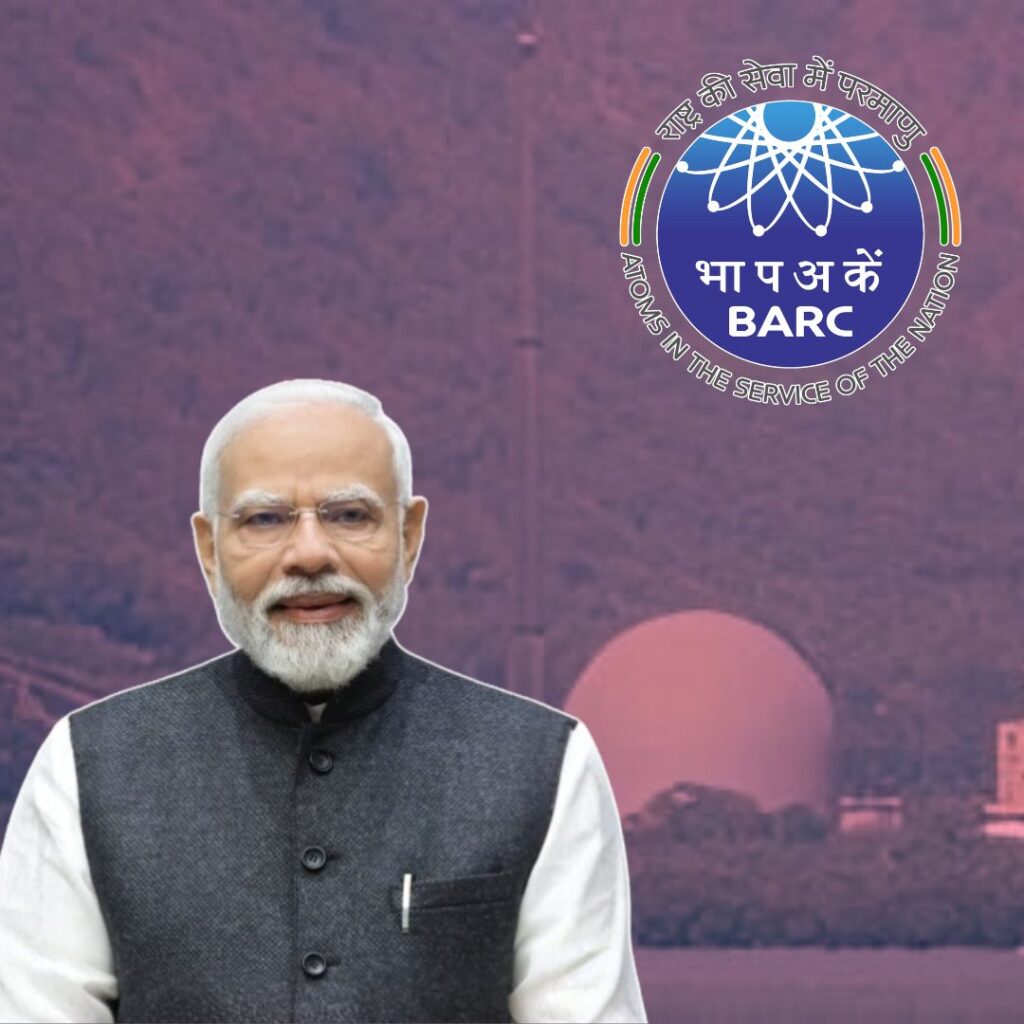With the Janata Curfew coming up tomorrow, March 22, the threat of COVID-19 is gradually taking over every other line of thought. Questions are being asked on the availability of a potential vaccine because only a vaccine can prevent people from getting sick.
CNBC reported that the World Health Organization (WHO) is collaborating with scientists all over the world on at least 20 different vaccines against the novel Coronavirus. Some are already in clinical trials, just 60 days after sequencing the gene, which is no small feat.
‘The acceleration of this process is really truly dramatic in terms of what we’re able to do, building on work that started with SARS, that started with MERS and now is being used for COVID-19 ,’ Dr Maria Van Kerkhove, the technical lead for WHO’s emergencies program, was quoted as saying at a press conference at the organization’s headquarters in Geneva on March 20.
According to WHO officials the vaccines are still a long way away from being available for public use. It could take up to 18 months for the clinical trials and safety approvals that are needed to get a workable vaccine to market.
Dr Mike Ryan, executive director of WHO’s emergencies program, said the trials are necessary. There’s only one thing more dangerous than a bad virus ‘and that’s a bad vaccine,’ he said.
‘We have to be very, very, very careful in developing any product that we’re going to inject into potentially most of the world’s population,’ he said.
He added that the first human trials on a vaccine that started this week in the U.S. were ‘unprecedented in speed.’ He said that would have never happened if China and other countries hadn’t shared the genetic sequence of COVID-19 with the rest of the world.
The National Institutes of Health has been collaborating with biotech company Moderna and trying to speed up the process of developing a vaccine using the genetic sequence of the new coronavirus.
According to the NIH’s website, the trial started Monday at the Kaiser Permanente Washington Health Research Institute in Seattle, Washington. The early-stage, or phase 1, of this trial will test the vaccine on 45 males and non-pregnant females between the ages of 18 and 55.
The investigational vaccine was developed using a genetic platform called mRNA (messenger RNA). The investigational vaccine directs the body’s cells to express a virus protein that it is hoped will elicit a robust immune response. The mRNA-1273 vaccine has shown promise in animal models, and this is the first trial to examine it in humans.
‘Even if we get a vaccine that’s effective, we have to have that vaccine that’s available for everybody. There has to be fair and equitable access to that vaccine for everybody,’ Ryan warned, adding the world won’t be protected from the coronavirus unless everybody is vaccinated.
‘How do we ensure we get enough of that vaccine in time, how do we ensure, how do we ensure we can distribute that vaccine to populations all over the world and how do we convince people to take the vaccine,’ he further added.
WHO Director-General Tedros Adhanom Ghebreyesus has already been reaching out to global leaders on these issues, Ryan said.
Mechanism Of Action Of Novel Coronavirus
Sars-CoV-2 (name for the novel strain of the Coronavirus that causes COVID-19) shares between 80% and 90% of its genetic material with the virus that caused Sars, justifying its name.
Both the viruses consist of a strip of ribonucleic acid (RNA) inside a spherical protein capsule that is covered in spikes. The spikes lock on to receptors on the surface of cells lining the human lung â the same type of receptor in both cases â allowing the virus to break into the cell.
On entering the cell, the virus takes over the cell’s reproductive machinery to produce more copies of itself, before breaking out of the cell again and killing it in the process.
How Does A Vaccine Work?
All vaccines follow the same basic principle. They present part or all of the pathogen (the virus in this case) to the human immune system, usually in the form of an injection and at a low dose, to prompt the system to produce antibodies to the pathogen.
Antibodies are a kind of immune memory which, having been evoked once, can be quickly mobilised again if the person is exposed to the virus in its natural form.
Strategies For COVID-19 Vaccine
The Guardian reported that Maryland (USA)-based Novavax is trying to construct a ‘recombinant’ vaccine.
This involves extracting the genetic code for the protein spike on the surface of Sars-CoV-2, which is the part of the virus most likely to induce an immune response in humans, and pasting it into the genome of a bacterium or yeast â forcing these microorganisms to churn out large quantities of the protein.
Other approaches, even newer, bypass the protein and build vaccines from the genetic instruction itself. This is the case for Moderna and another Boston company, CureVac, both of which are building C…











